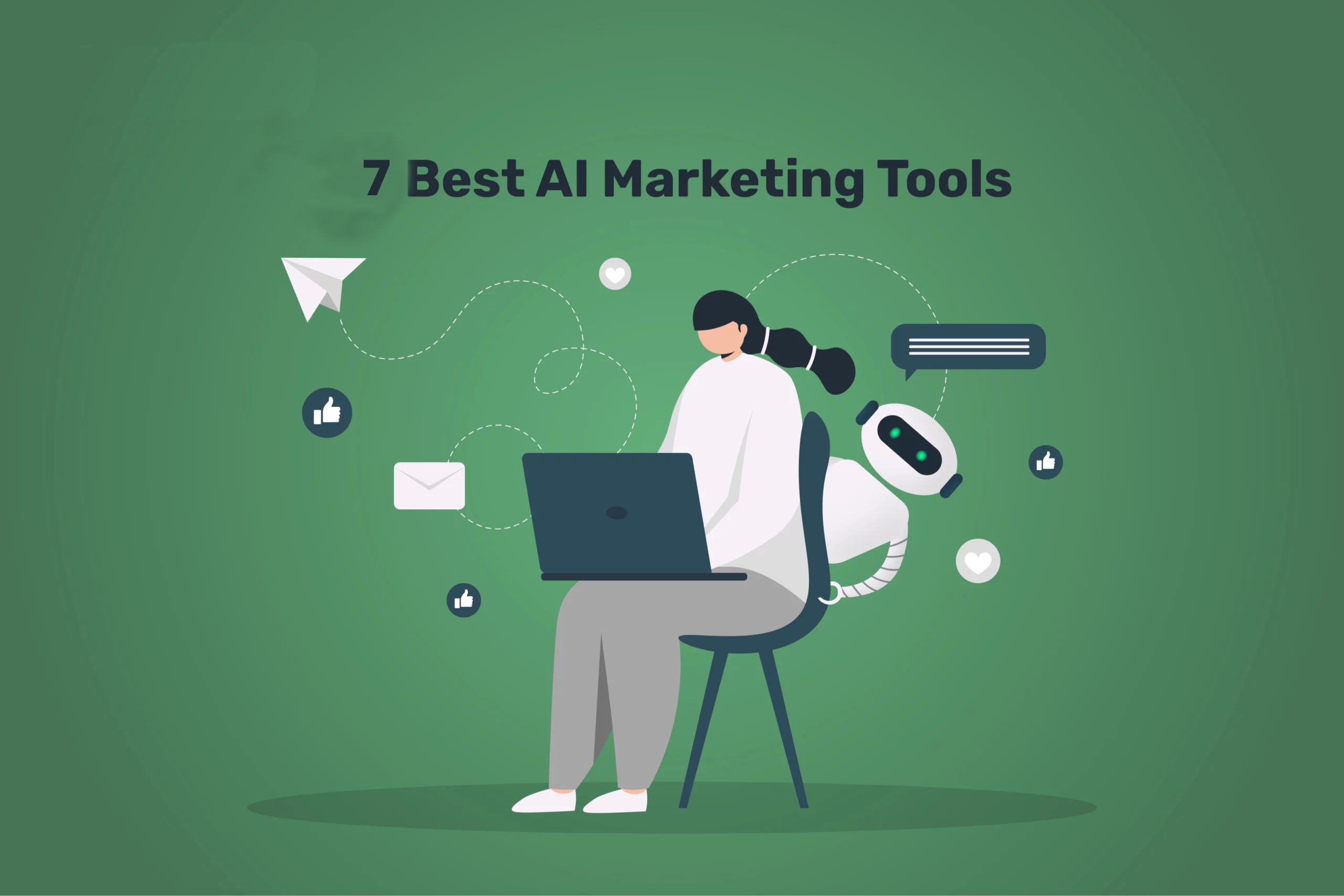The rise of AI Tools in 2024 will transform how businesses function and connect with their customers. These tools are becoming essential for improving efficiency and enhancing services across various industries.
With capabilities ranging from data analysis to advanced communication features, AI simplifies everyday tasks and enables more intelligent decision-making. In this article, we will examine the latest trends in AI tools and explore their potential, showcasing how these innovations are set to impact how we work and live significantly.
Understanding AI Tools
1. What Are AI Tools?
AI tools are software applications designed to perform tasks that usually require human intelligence. These include analyzing large data sets, recognizing speech, understanding text, and interpreting images. AI tools leverage algorithms and machine learning to improve their performance over time.
2. Types of AI Tools
AI tools can be categorized into several types:
- Machine Learning (ML): This tool learns from data patterns and can predict based on past information. For example, ML can forecast sales trends by analyzing historical data.
- Natural Language Processing (NLP) tools enable machines to understand and interpret human language. Applications include chatbots that answer customer queries and software that translates languages.
- Computer Vision: This technology allows machines to interpret visual information. For example, facial recognition systems and image classification tools fall under this category.
3. Choosing the Right Tool
Selecting the right AI tool is crucial for achieving the desired outcomes. Different tasks may require different types of AI tools. Understanding your project’s specific needs and the capabilities of various tools can help ensure successful implementation.
Current Trends in AI Tools

1. Latest Advancements
AI technology is advancing rapidly. Recent developments include enhanced algorithms that improve the accuracy of machine learning predictions and the creation of more intuitive natural language processing systems that can better understand context.
2. Popular AI Tools
Several AI tools are becoming widely adopted in various sectors. For example, ChatGPT is famous for conversational AI, TensorFlow is widely used for developing machine learning models, and OpenCV is the go-to tool for computer vision applications.
3. Success Stories
Many organizations are reaping the benefits of AI tools. For instance, AI-driven diagnostic tools in healthcare help identify diseases early, improving patient outcomes. In marketing, AI is used to tailor advertising campaigns based on consumer behavior data.
Benefits of Using AI Tools in 2024
1. Increased Efficiency
One of the primary benefits of AI tools is their ability to automate repetitive tasks. By handling mundane tasks, these tools free up employees to focus on more strategic activities, significantly boosting productivity.
2. Enhanced Decision-Making
AI tools can quickly analyze vast amounts of data, providing insights that help organizations make better decisions. For example, data analytics tools can identify trends that inform business strategies, reducing reliance on gut feelings.
3. Cost Savings
AI tools in 2024 can lead to significant cost savings by optimizing processes and reducing the need for manual labor. For instance, automating customer service responses can decrease staffing costs while improving response times.
Challenges and Limitations of AI Tools
1. Adoption Obstacles
Despite the advantages, many organizations need help with adopting AI tools. These can include high implementation costs, lack of skilled personnel, and resistance to change from employees accustomed to traditional methods.

2. Ethical Considerations
As AI tools become more prevalent, ethical considerations are paramount. Data privacy, algorithmic bias, and the potential for misuse must be carefully addressed to maintain public trust.
3. Technological Limitations
While AI tools are powerful, they have limitations. For example, most AI systems need help understanding context or performing tasks outside their trained parameters. If not monitored closely, this can lead to errors.
Evaluating AI Tools
1. Effectiveness Assessment
To assess AI tools in 2024, organizations should evaluate how well they solve specific problems and align with business objectives. Tools should be tested in real-world scenarios to gauge their effectiveness.
2. Key Performance Indicators (KPIs)
Establishing KPIs is vital for measuring the success of AI tools. Common KPIs include accuracy, processing speed, user satisfaction, and return on investment (ROI). These metrics help organizations understand the value of their AI investments.
3. Continuous Improvement
User feedback plays a crucial role in improving AI tools. Organizations should actively solicit user input to refine and enhance their AI solutions and ensure they continue to meet evolving needs.
Future of AI Tools
1. Evolution Predictions
The future of AI technology looks bright, with predictions suggesting that AI tools will become even more integrated into everyday business processes. This evolution may lead to more sophisticated capabilities and broader adoption across industries.
2. Emerging Trends
Emerging trends like integrating AI with the Internet of Things (IoT) and increased personalization in AI applications could significantly transform various industries. For instance, AI-driven smart devices could enhance user experiences by learning individual preferences.
3. Shaping Industries
AI is poised to shape industries by driving innovation and redefining traditional business models. As organizations leverage AI tools, they can expect to see improvements in efficiency and customer engagement.
Practical Applications of AI Tools

1. Industry-Specific Uses
AI tools are applied in various sectors, including:
- Healthcare: AI assists in patient diagnostics and predictive analytics for treatment plans.
- Finance: Tools to predict market trends and identify fraudulent transactions in real time.
- Marketing: AI analyzes customer data to create targeted marketing campaigns that increase engagement.
2. Real-World Examples
Companies like Amazon and Google are leading the way in utilizing AI tools. Amazon uses AI for product recommendations, while Google employs AI in its search algorithms to improve user experience.
3. Integration Tips
For successful integration of AI tools, organizations should start with pilot projects, ensuring tools are tested in smaller environments before broader deployment. This approach allows for adjustments based on initial feedback.
Resources for Further Learning
1. Recommended Resources
Those interested in learning more about AI tools can explore resources like “Artificial Intelligence: A Guide to Intelligent Systems” and online courses offered by platforms such as Coursera and Udacity.
2. AI Communities
Joining AI communities and forums can provide valuable networking opportunities and insights. Platforms like Reddit and specialized AI groups on LinkedIn are excellent starting points.
3. Hands-On Experience
Many platforms, such as Kaggle and GitHub, offer opportunities to gain hands-on experience with AI technology through projects and challenges. Engaging in these activities can help reinforce learning and develop practical skills.
Conclusion
AI tools are becoming increasingly important in modern society, offering significant benefits across various industries. Organizations and individuals must explore and adopt these tools as technology evolves to stay competitive. The impact of AI technology will undoubtedly shape the future of work and society, making it essential for everyone to stay informed and ready to adapt.





